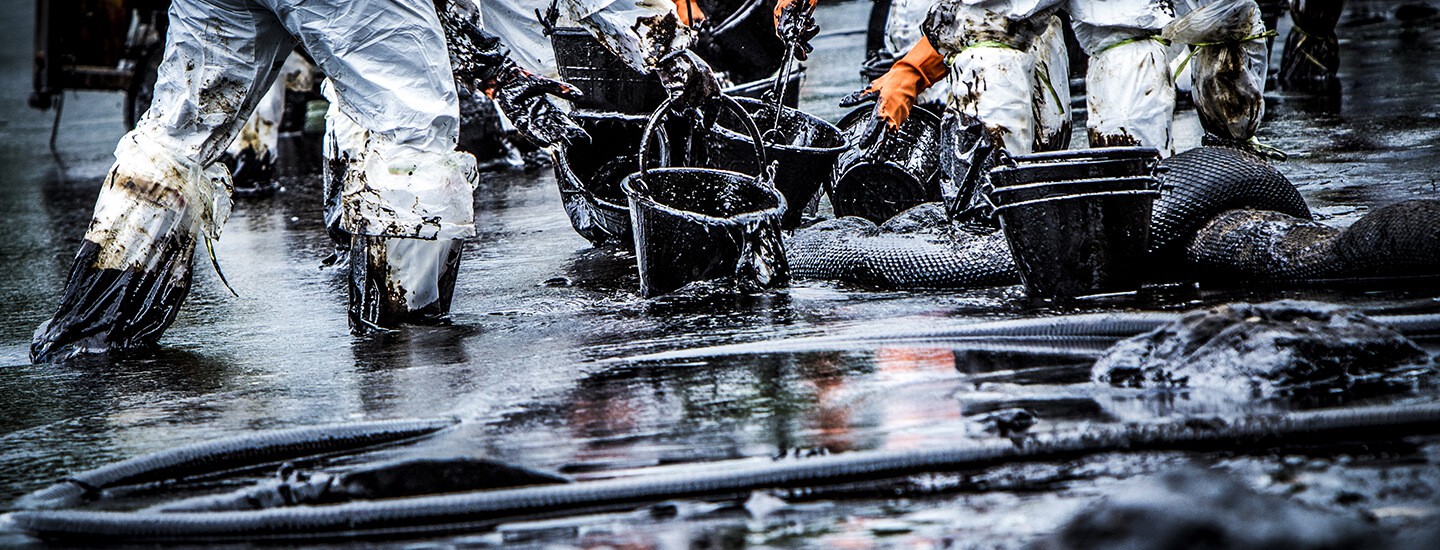
April 20th marks ten years since the Deepwater Horizon disaster. Oiled pelicans and shuttered businesses aren’t in the news much anymore, but the sad legacy of the worst offshore oil spill in U.S. history lives on. First, there are the eleven workers who lost their lives, their families, and the oil workers that continue to put their lives in danger every day. There are lingering health problems for clean up workers that responded to the spill, including “persistent alterations or worsening of their hematological, hepatic (liver), pulmonary and cardiac functions.” There are ecological impacts, including “two major pools of Deepwater Horizon oil in the environment - one in the estuaries, and one in the deep sea.” Researchers at the University of Miami found that toxic “invisible oil” actually spread far beyond the impacted area all the way to Texas’ shore and into the loop current that pulls water from the Gulf toward Miami. A massive seven-year study of 2,503 fish sampled from 359 locations in the Gulf recently found elevated levels of polycyclic aromatic hydrocarbons (a chemical found in oil) in every surveyed fish species, indicating “chronic and widespread oil pollution in this ecosystem.”
Perhaps most distressing, however, is the legacy of failed policy reform after the Deepwater Horizon disaster. In 2018, the Trump Administration announced plans to open up 90% of federal waters to offshore drilling, including the Atlantic, Pacific, Arctic, and Gulf of Mexico. This massive expansion of drilling would put the entire nation's coastal economies, beaches, and ecosystems as risk of a disaster like the Deepwater Horizon. Last year, the Trump Administration slashed safety rules enacted after Deepwater Horizon to prevent similar oil spills, weakening federal standards on well design, real-time monitoring, subsea containment, and reducing inspection requirements for safety equipment like blowout preventers. The safety rollbacks are being fought in court and after massive pushback and a series of lawsuits, the Trump Administration is delaying work on the drilling proposal for now. All of this, however, goes to show just how little our leaders have learned from the Deepwater Horizon disaster.
Now, ten years after more than 200 million gallons of oil spewed into the Gulf, it's clearly up to us to fight for change. We have to demand jobs that protect people and the environment. We have to fight dirty, dangerous offshore drilling and demand clean, renewable energy. And perhaps most importantly, we must keep the memory of the BP Deepwater Horizon disaster alive, so that it never happens again.
To learn more about the threat of offshore drilling and ways to take action, please visit Surfrider's campaign page.
